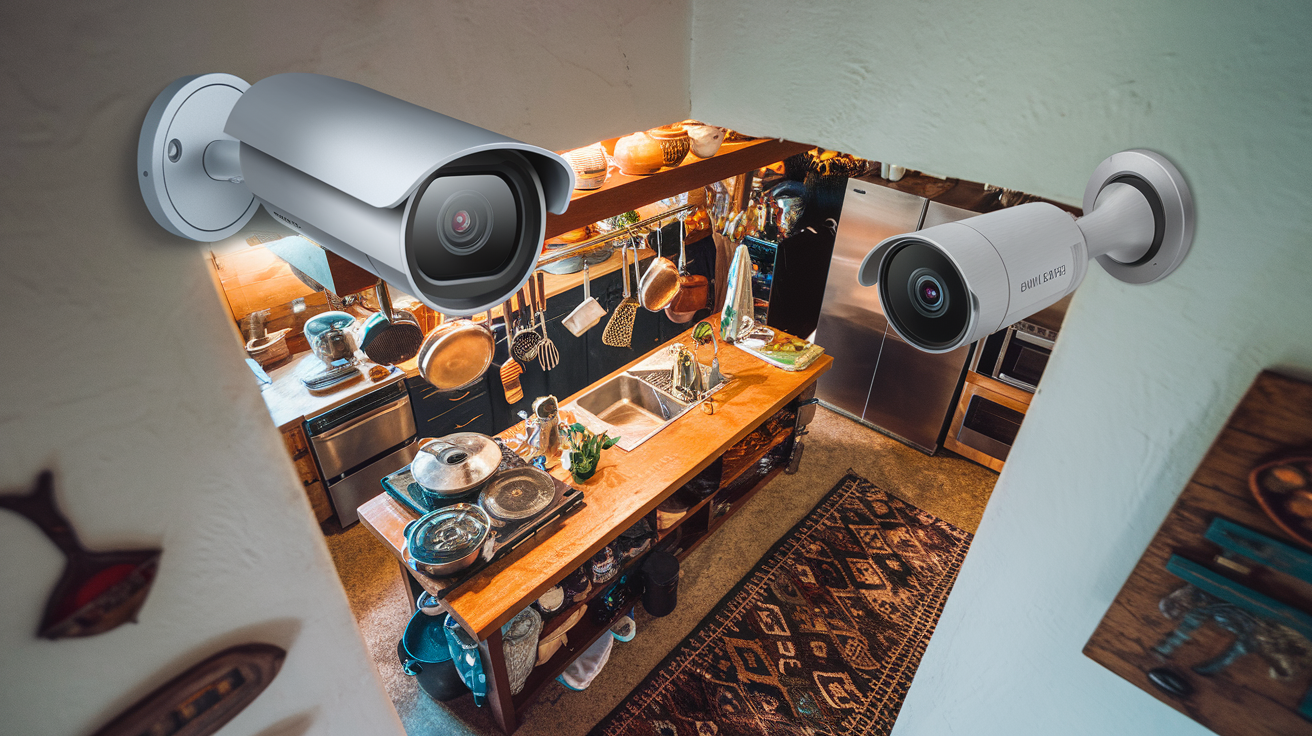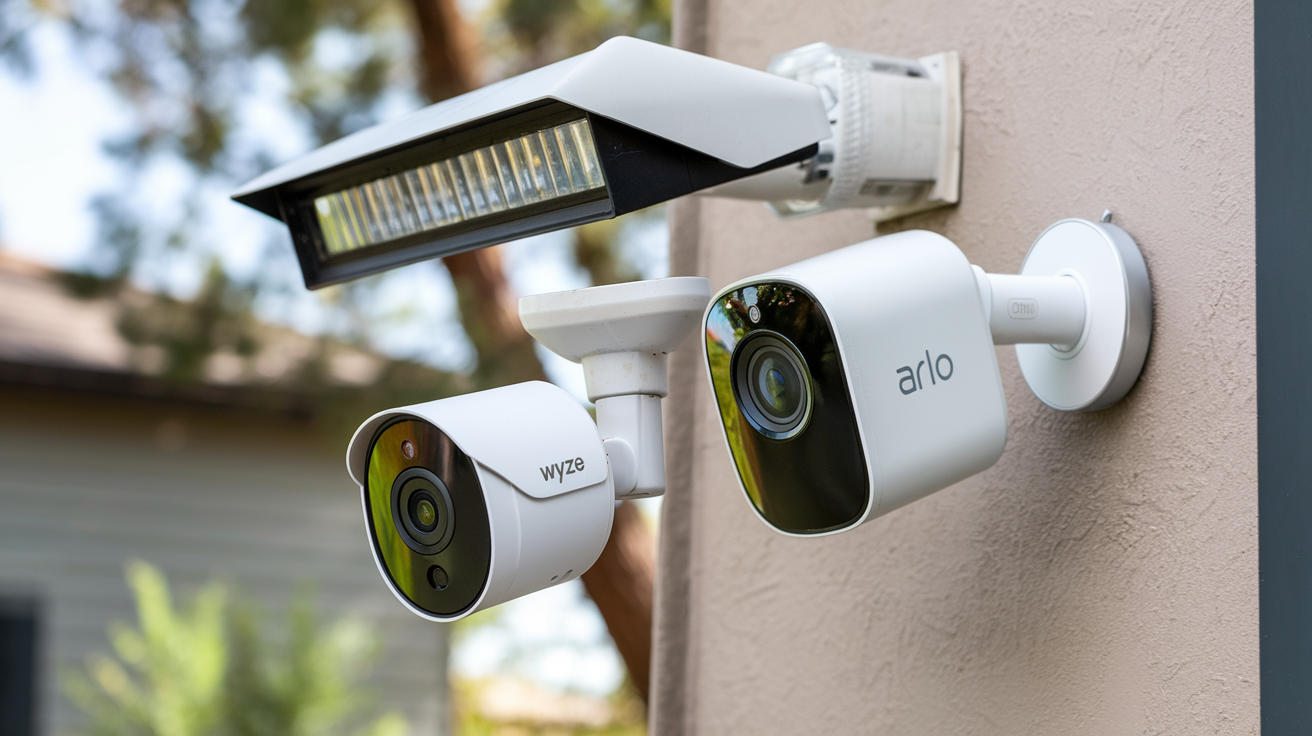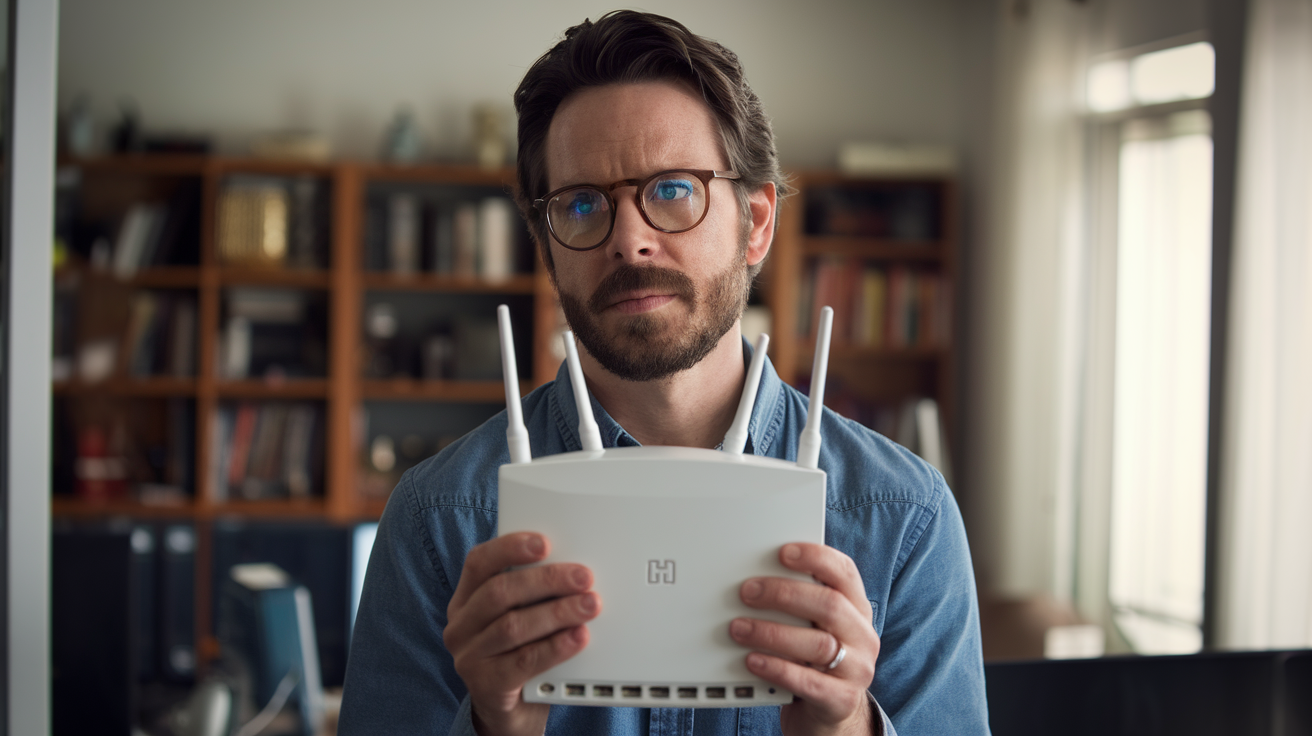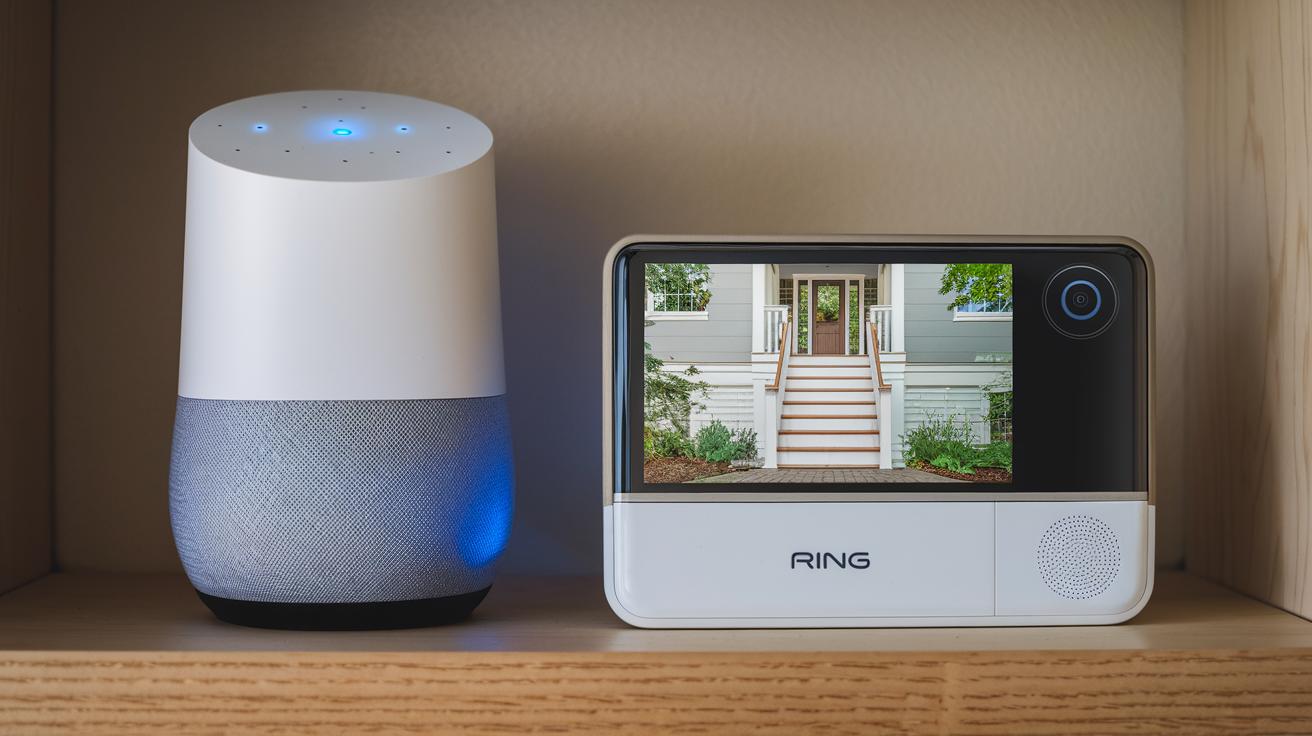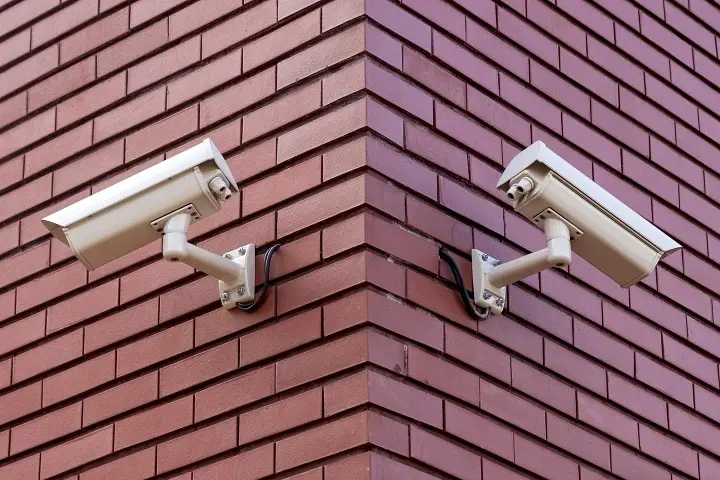
In an age where technological advancements are intertwined with our daily lives, ensuring the security of our homes has become a top priority. The surge in the availability of home security systems has empowered homeowners to take control of their safety. However, with the multitude of options on the market, selecting the best home security system can be a daunting task. This comprehensive guide aims to shed light on the key factors to consider when choosing a home security system, the different types available, and a selection of some of the top contenders in the market.
Understanding Your Needs:
Before delving into the specifics of various Home Security Systems, it's crucial to assess your individual needs. Consider factors such as the size of your home, the layout, and the level of security required. Are you looking for a basic system to monitor entry points, or do you need a comprehensive solution that includes surveillance cameras, motion detectors, and smart home integration? Understanding your requirements will guide you in making an informed decision.
Types of Home Security Systems:
-
Monitored Systems: Monitored Home Security Systems involve a third-party monitoring service that keeps a watchful eye on your home 24/7. In the event of an alarm trigger, they contact both you and the authorities. While these systems provide an extra layer of protection, they often come with monthly subscription fees.
-
Unmonitored Systems: Unmonitored systems, on the other hand, are designed to alert you or your neighbors when a breach is detected. These systems are generally more affordable, as they don't involve ongoing monitoring fees, but they may lack the immediate response provided by monitored systems.
-
Wireless Systems: Wireless home security systems have gained popularity due to their easy installation and flexibility. These systems use wireless sensors, cameras, and other devices that communicate with a central control panel. The absence of complex wiring makes them suitable for both renters and homeowners.
-
Wired Systems: Traditional wired systems involve a network of cables connecting sensors, cameras, and the control panel. While these systems can be reliable, they may require professional installation and can be challenging to modify or expand.
-
Smart Home Integration: The integration of smart home technology with security systems has revolutionized home safety. Smart security systems allow remote monitoring and control via smartphones or other connected devices. Features may include real-time video streaming, smart locks, and integration with virtual assistants.
Key Features to Consider:
-
Video Surveillance: A robust home security system often includes video surveillance. High-definition cameras with night vision capabilities provide a clear view of your property day and night. Look for systems that allow remote access to live footage via mobile apps.
-
Motion Detection: Motion detectors are crucial for alerting homeowners to potential intruders. Advanced systems use infrared technology to differentiate between human movement and false alarms triggered by pets or other non-threatening factors.
-
Entry Point Sensors: Door and window sensors are fundamental components of any security system. These sensors trigger an alarm when a door or window is opened, alerting homeowners to potential unauthorized access.
-
Smart Locks: Smart locks add an extra layer of security by allowing homeowners to control and monitor access to their homes remotely. Some systems even enable the integration of temporary access codes for visitors or service providers.
-
Environmental Monitoring: Beyond intrusion detection, a comprehensive home security system should also include environmental monitoring features. Smoke detectors, carbon monoxide detectors, and water leak sensors contribute to overall home safety.
Top Home Security System Recommendations:
-
Ring Alarm: Ring Alarm offers an affordable and versatile home security solution. With easy DIY installation, customizable motion detectors, door/window sensors, and optional professional monitoring, Ring is a solid choice for those looking for a reliable system without breaking the bank.
-
Vivint Smart Home: Vivint stands out with its comprehensive smart home integration. In addition to traditional security features, Vivint - Home Security System offers home automation, allowing users to control lighting, thermostats, and more through a single app.
-
ADT: ADT is a household name in the security industry, known for its professionally monitored systems. ADT - Home Security Services provides a range of options, from basic packages to advanced solutions with video surveillance and smart home automation.
-
SimpliSafe: SimpliSafe is a wireless, DIY-friendly option that offers customizable packages to suit varying needs. With affordable monthly monitoring fees, SimpliSafe provides a balance between simplicity and effectiveness.
-
Nest Secure: Nest Secure combines the reliability of Google's Nest technology with a user-friendly interface. With features like smartphone control, environmental monitoring, and seamless integration with other Nest products, it's an attractive option for tech-savvy homeowners.
FAQ's
Q. What features should I look for in the best home security system?
A. Look for features such as motion detectors, door and window sensors, security cameras, smart home integration, mobile app control, and professional monitoring services. Consider your specific needs and preferences when choosing a system.
Q. Are DIY home security systems as effective as professionally installed ones?
A. Many DIY home security systems are highly effective and offer easy installation. They often come with wireless components, making them accessible to a wide range of users. However, professionally installed systems may provide a more comprehensive solution for larger homes or those with specific security needs.
Q. How does professional monitoring work, and is it necessary?
A. Professional monitoring involves a security company monitoring your system 24/7. In the event of an alarm, they can contact emergency services on your behalf. While not mandatory, professional monitoring adds an extra layer of security and peace of mind, especially when you're away from home.
Q. Can I integrate a home security system with other smart home devices?
A. Yes, many modern home security systems offer integration with smart home devices. This includes compatibility with voice assistants like Amazon Alexa or Google Assistant, as well as smart locks, thermostats, and lighting systems.
Q. How do I choose between wired and wireless home security systems?
A. Wireless systems are generally easier to install and more flexible in terms of placement. Wired systems may offer a more robust connection but may require professional installation. Consider your home's layout, your technical comfort level, and the desired level of security when making this choice.
Q. What is the cost of a home security system, and are there monthly fees?
A. The cost of a home security system varies based on the features, brand, and whether it's professionally monitored. DIY systems often have lower upfront costs, but some may require a monthly subscription for monitoring. Professional systems may have higher initial costs but might include monitoring in the overall package.
Conclusion:
Selecting the best home security system requires careful consideration of your specific needs, budget, and desired features. Whether you opt for a monitored system with professional surveillance or a DIY wireless solution, the key is to prioritize the safety and well-being of your household. Investing in a reliable home security system not only provides peace of mind but also acts as a deterrent to potential intruders, contributing to a safer and more secure living environment.
Call on (888) 805-5456 for a Smart Home Security System now!

